
Ferulic acid for skin: Top benefits and how to use it
People today always look forward to decreasing the signs of ageing. It's not simply these symptoms; they're seeking a wonderful moisturiser or any other product to brighten their skin and work as a perfect skincare solution. Choosing a suitable skincare product might be tricky. Ferulic acid for skin is widely used in moisturising creams and vitamin C serums.
What is ferulic acid for skin?
Ferulic Acid is a naturally occurring antioxidant derived from plants. It is obtained from oats, oranges, and brown rice cell walls. Also, it is one of the cereals' most common phenolic acids derived from benzoic and cinnamic acids. Interestingly, other phenolic acids used as key skincare compounds include p-coumaric acid, p-hydroxybenzoic acid, salicylic acid, and 4-hydroxybenzoic acid, among others.
What are the common ferulic acid uses for skin?
The common ferulic acid uses for different skin conditions are as follows:
• Signs of Ageing
Ferulic Acid protects the skin from free radical damage, preventing drooping and the emergence of fine lines and wrinkles. Adding Vitamin C Brightening Serum to a cream helps fight ageing by keeping skin looking younger.
• Acne
Ferulic Acid possesses anti-inflammatory and anti-inflammatory properties that can help treat acne.
• Dark spots
Ferulic Acid's antioxidant capabilities may help prevent and manage dark spots, typically caused by sun damage or PIH.
• Hyperpigmentation
Ferulic acid is a powerful antioxidant that works well with other antioxidants like Vitamin C to provide sun protection. This feature can aid in preventing hyperpigmentation.
Also read: Understanding Hyperpigmentation: What Causes Dark Spots on Your Face?
How to use ferulic acid for skin?
Let us look at how to use the ferulic acid:
• Cleanse your skin
Skincare products function best on clean skin. Make sure your skin is clean before using creams and serums. Wash your face and neck with lukewarm water and a light cleanser appropriate for your skin type. Pat your face dry.
• Use a toner
Toning is a vital stage in skincare. After washing your face, use a small toner to regulate the excess oil and keep your skin hydrated.
• Apply ferulic acid serum
Now that your skin has been washed and toned, it is time to apply the ferulic acid serum. The ideal option is to use a serum containing vitamins C and E and ferulic acid. Apply a few drops of the serum to your fingertips and massage it into your facial skin in upward circular motions.
• Moisturise
Always keep your skin hydrated. Choose a moisturiser that is appropriate for your skin type and does not weigh it down. Even if you have oily skin, you should still moisturise; instead, use a lightweight, water-based moisturiser.
Also read: Moisturiser Uses and Misconceptions: How to use Face Moisturiser?
• Apply eye cream
Eye cream protects and nourishes the delicate skin around your eyes. As you age, fine lines and wrinkles will likely emerge around your eyes. As a result, use an eye cream to care for the area around your eyes properly.
While some argue that utilizing ferulic acid serum in the morning is sufficient, others also recommend including it in your nighttime regimen. Feel free to experiment and discover what works best for your skin.
Top ferulic acid skin benefits
Sometimes, you do everything exactly right, but it doesn't work on your skin. Rather than transitioning to a new skincare routine, try adding ferulic acid to your current one to get a powerful effect with the same product.
Ferulic acid is an excellent team player that helps increase the efficacy of other active substances. Let us look into the top ferulic acid benefits here:
• Anti-ageing
Skin ageing is a normal part of life, however, sun exposure and UV light can accelerate the process and cause premature ageing. Protecting your skin from free radicals, which cause such acceleration, is a guarantee to keep your skin appearing young and refreshed.
• Brightening
You will notice the symptoms when your skin loses its fight against free radicals. Sunlight and radiation can cause redness, inflammation, and uneven skin tone. This is primarily due to losing your skin's natural barrier, which prevents inflammation.
Ferulic acid is good at reducing uneven pigmentation and dark spots caused by skin damage. It creates a protective layer to shield your skin from injury while starting the healing process for any existing scars.
• Smoothening
As previously said, ferulic acid helps repair and revitalise skin cells, making the skin appear younger and brighter. This also signifies that injured skin is regrowing and renewing itself, resulting in a smoother skin surface.
• Works like magic on all skin types
Don't worry about your skin type; ferulic acid works well on all skin types. It is light and delicate, so even people with sensitive skin can use it in everyday skincare routines. However, if you have grain allergies, you should exercise caution when applying it.
Conclusion
From the mentioned benefits and uses of ferulic acid for the skin, please add it to your daily skincare routine to maintain healthy and plum skin.
FAQs:
• Is it safe to apply ferulic acid on your skin?
As with any product, we always recommend testing in a small area first; nonetheless, ferulic acid is generally harmless and beneficial to your skin.
• What is ferulic acid?
Ferulic acid belongs to the hydroxycinnamic acid group and is an antioxidant. This plant-based, natural acid, found in fruits, cereals, vegetables, and certain grasses, protects the skin from environmental stresses.
• What is the relationship between ferulic acid and vitamin C?
Ferulic acid boosts vitamins C and E, stabilising them and making them more efficient in preventing skin damage. Ferulic acid contains vitamins A, C, and E, which enhances its efficiency.
• Ferulic acid and pregnancy
Many women report that the hormonal changes of pregnancy cause their skin to deteriorate completely. Fortunately, pregnant women can utilize ferulic acid, a safe and natural substance. While it cannot alter the effect of hormones on the skin, as an antioxidant, it can help resist many environmental stresses that harm the skin. However, we always urge that you visit your doctor about skincare and pregnancy.
• Can ferulic acid help restore damaged skin?
Ferulic acid is more of a preventive than a repair component, but it can enhance the effectiveness of vitamins C and E, all proven to treat damaged skin.






















































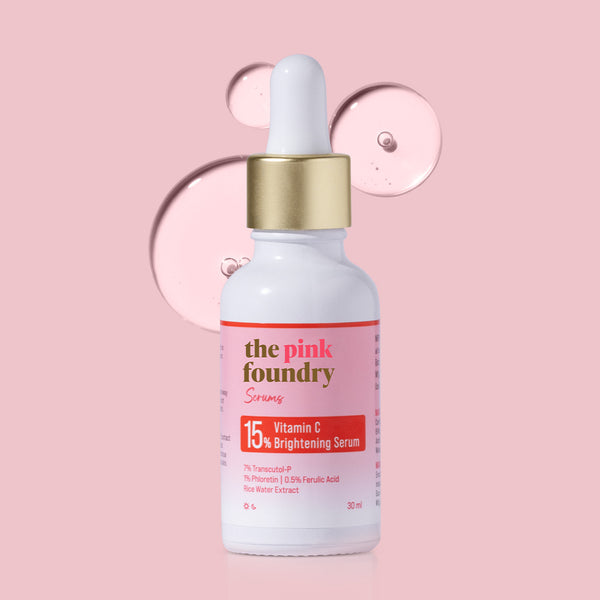

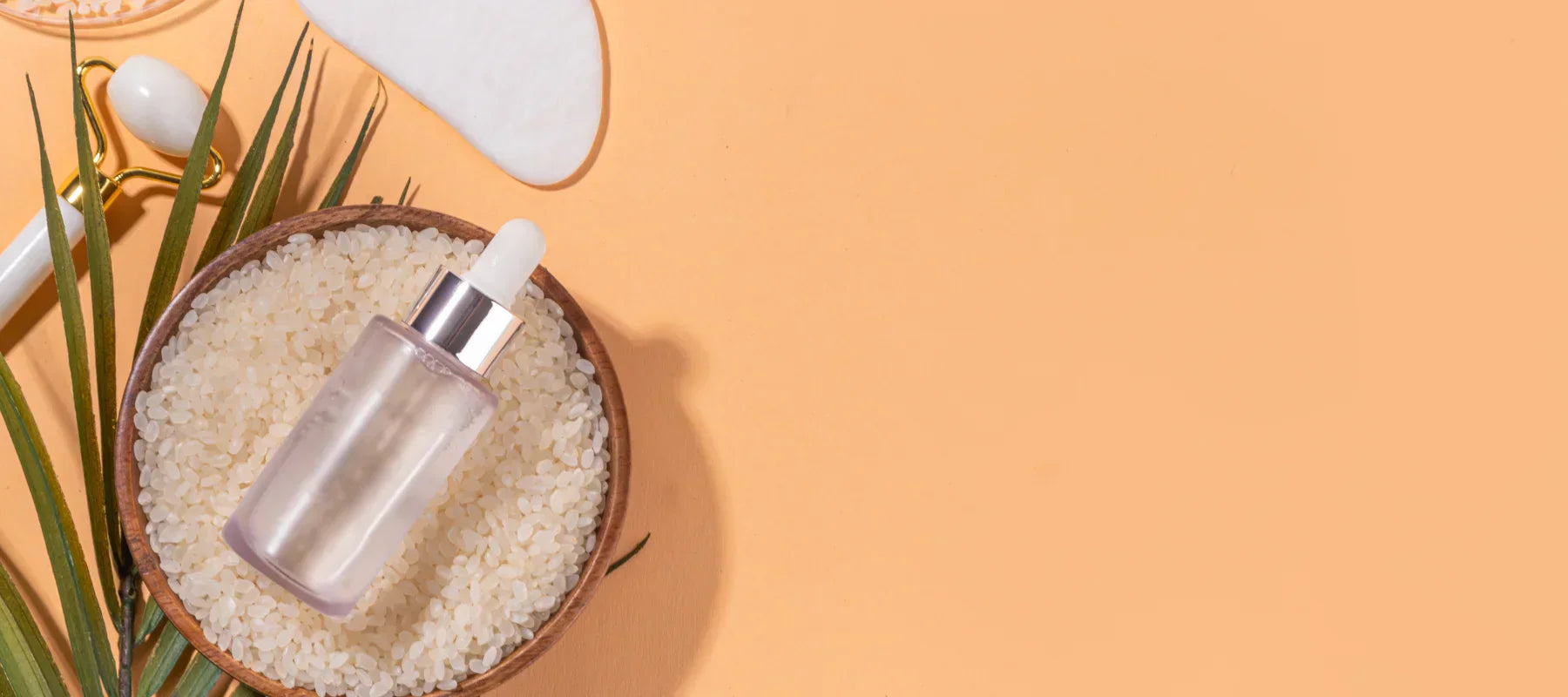

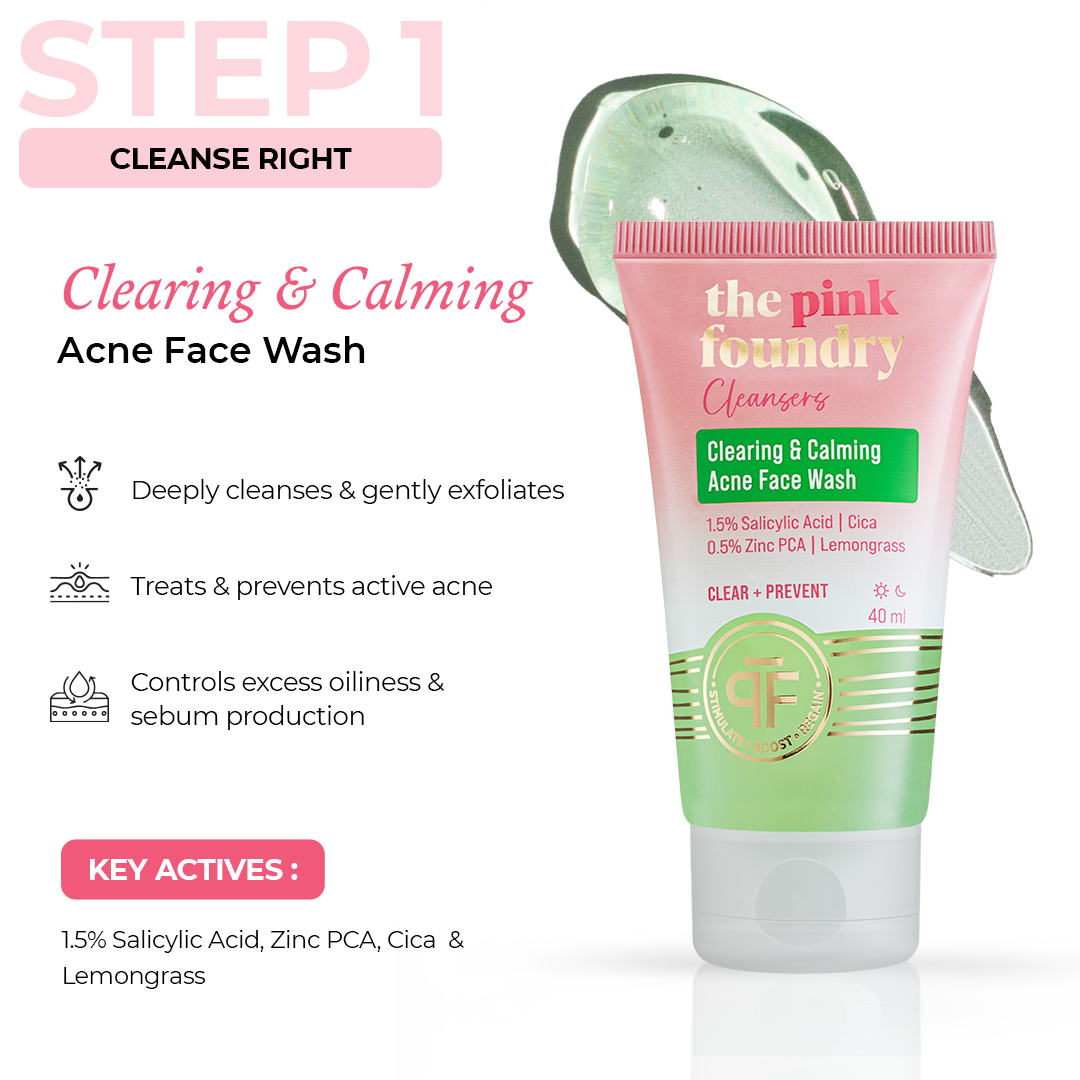




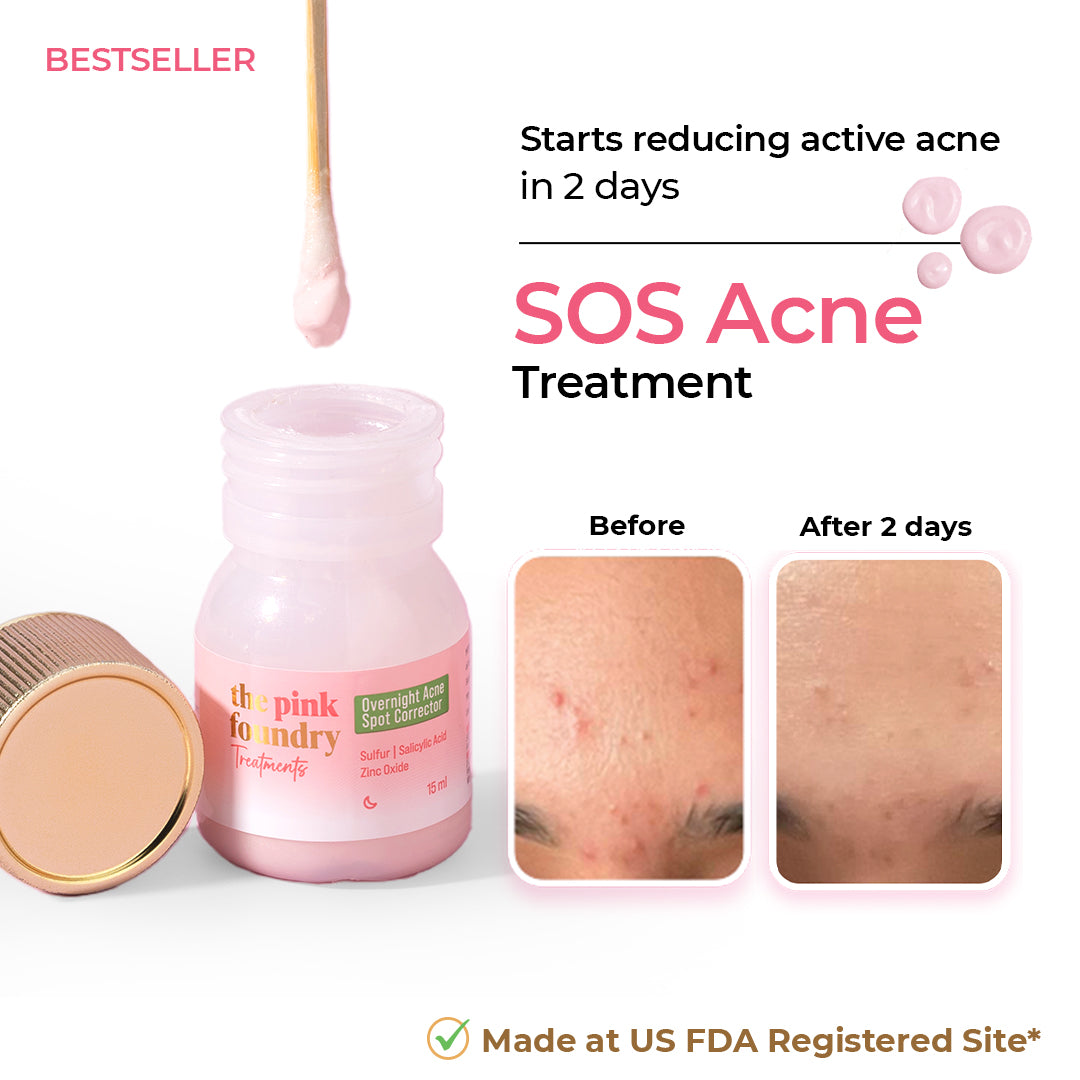
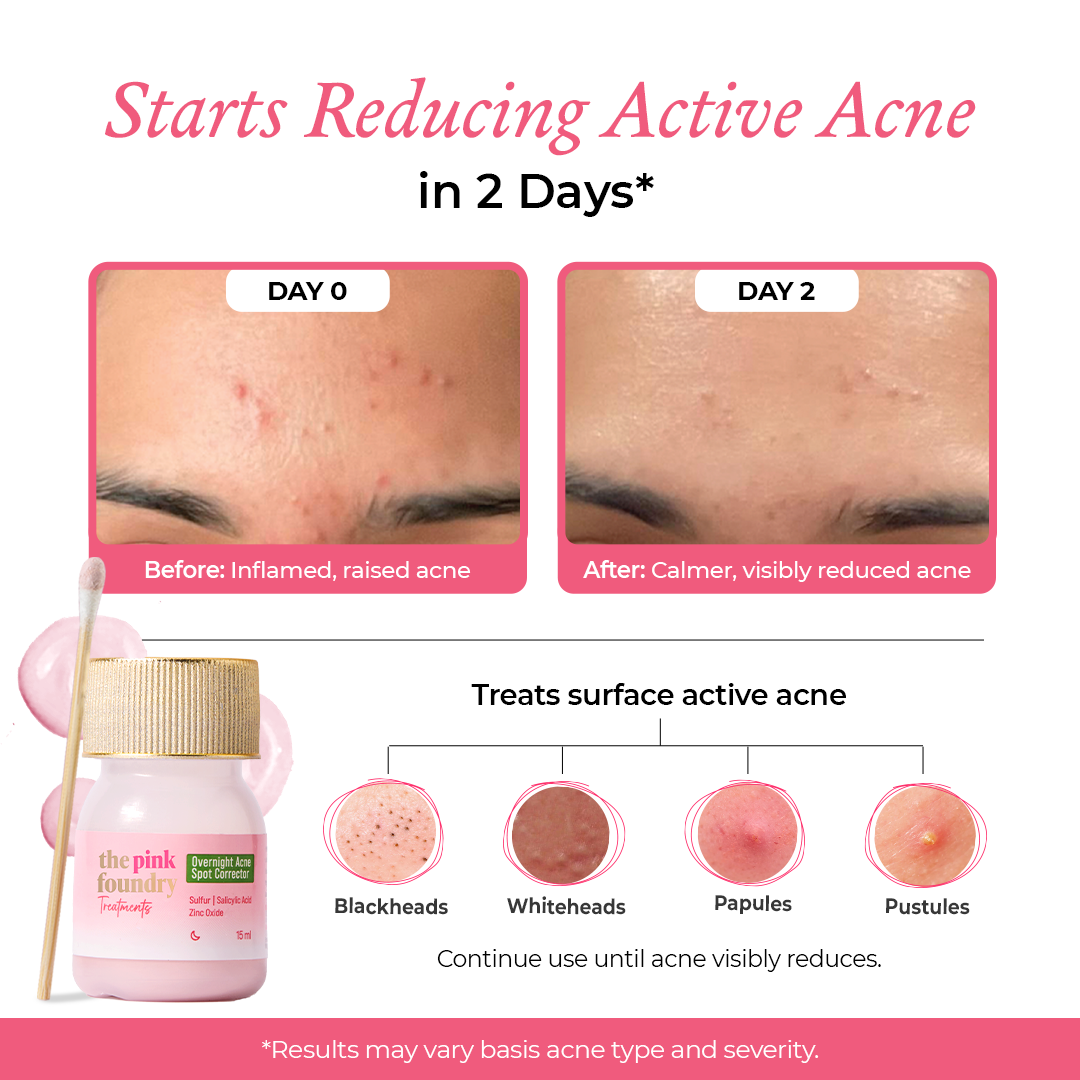








Leave a comment
This site is protected by hCaptcha and the hCaptcha Privacy Policy and Terms of Service apply.